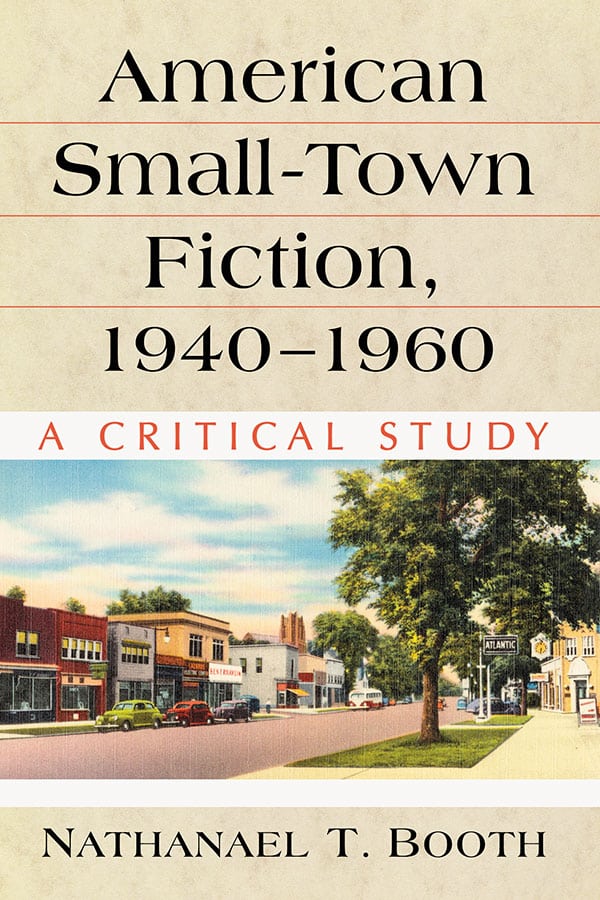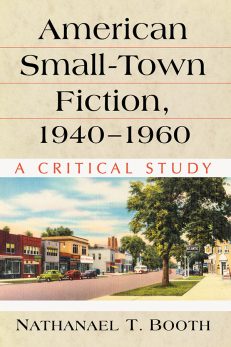American Small-Town Fiction, 1940–1960
A Critical Study
Original price was: $39.95.$19.99Current price is: $19.99.
In stock
About the Book
In literature and popular culture, small town America is often idealized as distilling the national spirit. Does the myth of the small town conceal deep-seated reactionary tendencies or does it contain the basis of a national re-imagining?
During the period between 1940 and 1960, America underwent a great shift in self-mythologizing that can be charted through representations of small towns.
Authors like Henry Bellamann and Grace Metalious continued the tradition of Sherwood Anderson in showing the small town—by extension, America itself—profoundly warping the souls of its citizens.
Meanwhile, Ray Bradbury, Toshio Mori and Ross Lockridge, Jr., sought to identify the small town’s potential for growth, away from the shadows cast by World War II toward a more inclusive, democratic future.
Examined together, these works are key to understanding how mid–20th century America refashioned itself in light of a new postwar order, and how the literary small town both obscures and reveals contradictions at the heart of the American experience.
About the Author(s)
Bibliographic Details
Nathanael T. Booth
Format: softcover (6 x 9)
Pages: 217
Bibliographic Info: notes, bibliography, index
Copyright Date: 2019
pISBN: 978-1-4766-7274-8
eISBN: 978-1-4766-3572-9
Imprint: McFarland
Table of Contents
Acknowledgments vi
Preface 1
Introduction 5
One Columbus on the Platform: The Train Station 25
Two “The Crisis of Individuation”: The Schoolhouse 42
Three The Small-Town Bildungsroman: The Malt Shop 61
Four No Town Is an Island: Main Street and the Town Square 82
Five False Transcendence: The Movie Theater 98
Six Good God, Bad God: The Church 114
Seven Fortunate Fall: The Courthouse 135
Eight Transcending Division: The Outskirts 152
Nine In This Garden of Death: The Graveyard 175
Epilogue: The Train, Again 185
Chapter Notes 191
Bibliography 201
Index 207






